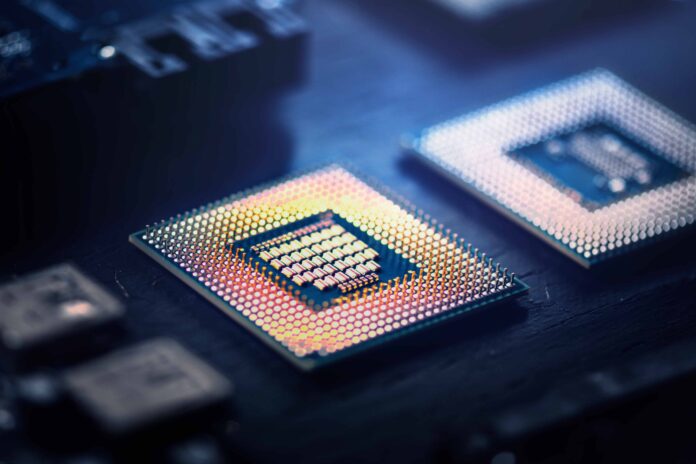With tensions between the US and China continuing to escalate, Washington has implemented a formidable series of export controls to counter China’s progress within the vital semiconductor industry. The new regulations require licenses for companies that want to ship chips made with American tools or software anywhere around the globe – effectively cutting off access to essential US-born talent which could give Chinese firms an edge when it comes to high-end chip production.
Why has the US chosen to take this action?
It is done In a move to protect national security, the US has enacted rules prohibiting China from accessing technologies with military applications. In response, Beijing called it “technology terrorism”. The implications of this conflict are already being felt in Asia where countries such as Taiwan and South Korea rely heavily on these advanced chips – which power supercomputers, artificial intelligence, and key defense systems – for their economies.
‘Entity list’ getting filled with more Chinese firms
With the Biden administration’s addition of 36 Chinese companies, including semiconductor giant YMTC to its “entity list”, American businesses must seek governmental clearance before any technology sales can be made.
The UK-based chip designer Arm already announced it will not provide its most advanced designs to major tech company Alibaba due to US and UK controls – a commitment that demonstrates diligence in complying with applicable laws.
China Reached WTO To Lodge A Complaint
China has taken the offensive against the US by launching its first WTO complaint since Joe Biden became President. Beijing claimed that American export controls are an “abuse” of power and a threat to global industrial supply chains, while Washington argued they serve national security interests. It appears that this latest dispute is just another chapter in China-US relations over their respective positions on trade and technology issues.
Negotiations with Japan and the Netherlands
Japan and the Netherlands may be taking measures to restrain China’s access to cutting-edge products. White House national security advisor Jake Sullivan recently revealed that discussion on possible export controls was had between US officials and two major suppliers of chip-making equipment, lauding how “candor, substance and intensity” characterized them.
The Future of Chip war
As the US ramps up regulations on Chinese chipmakers, Taiwan Semiconductor Manufacturing Company is leading the way in advancing the miniaturization of components. The chips used in Apple’s new laptop are just 3 nanometers wide thinner than a single human hair! This illustrates how far semiconductors have come since their development, and puts into perspective China’s ambition to become one of the world’s major players in this space despite recent roadblocks.
